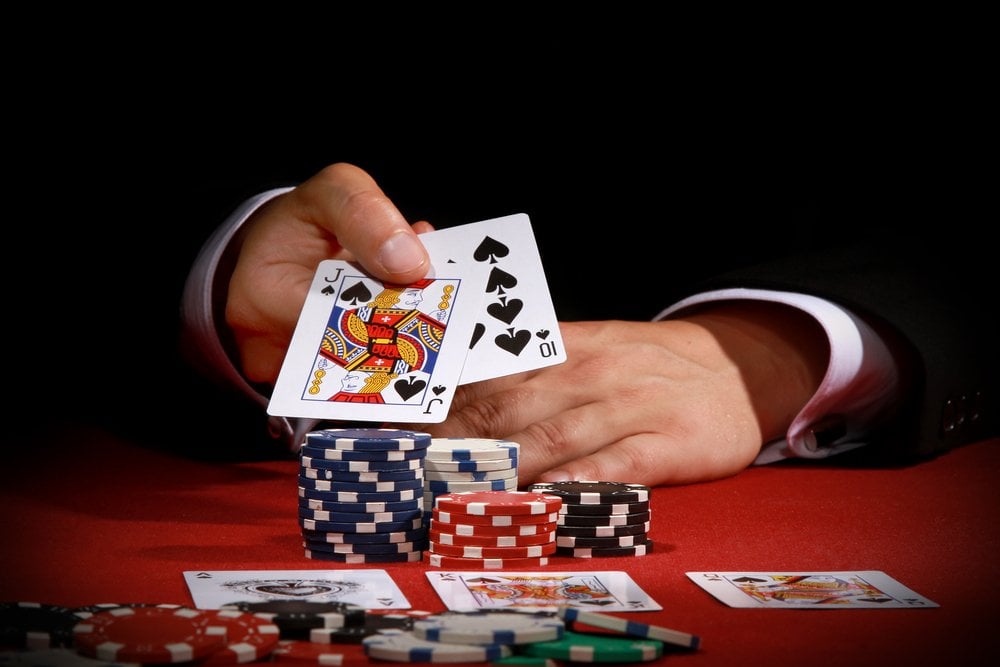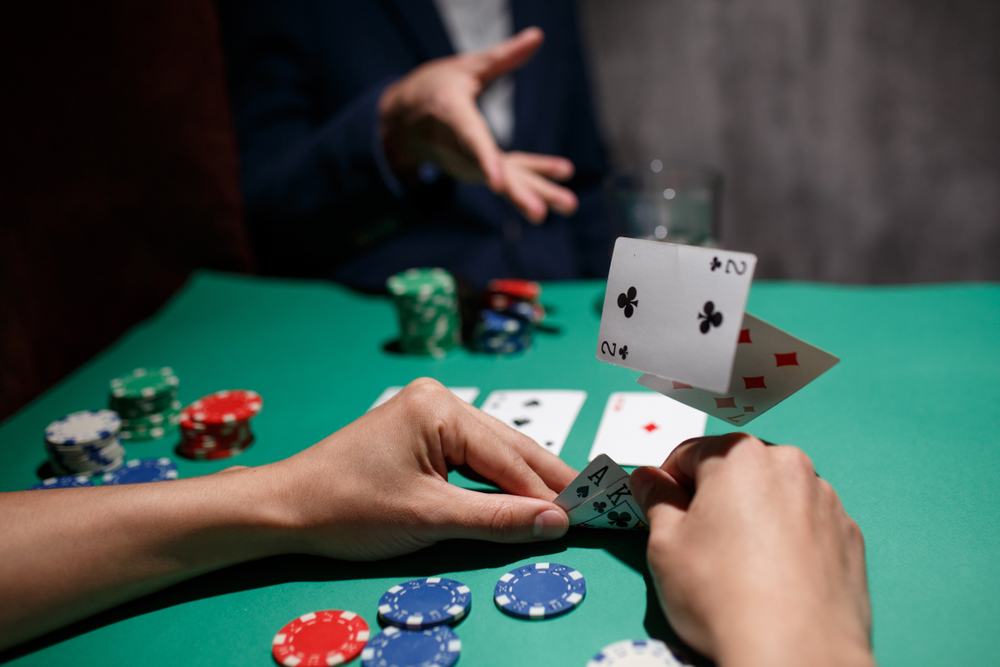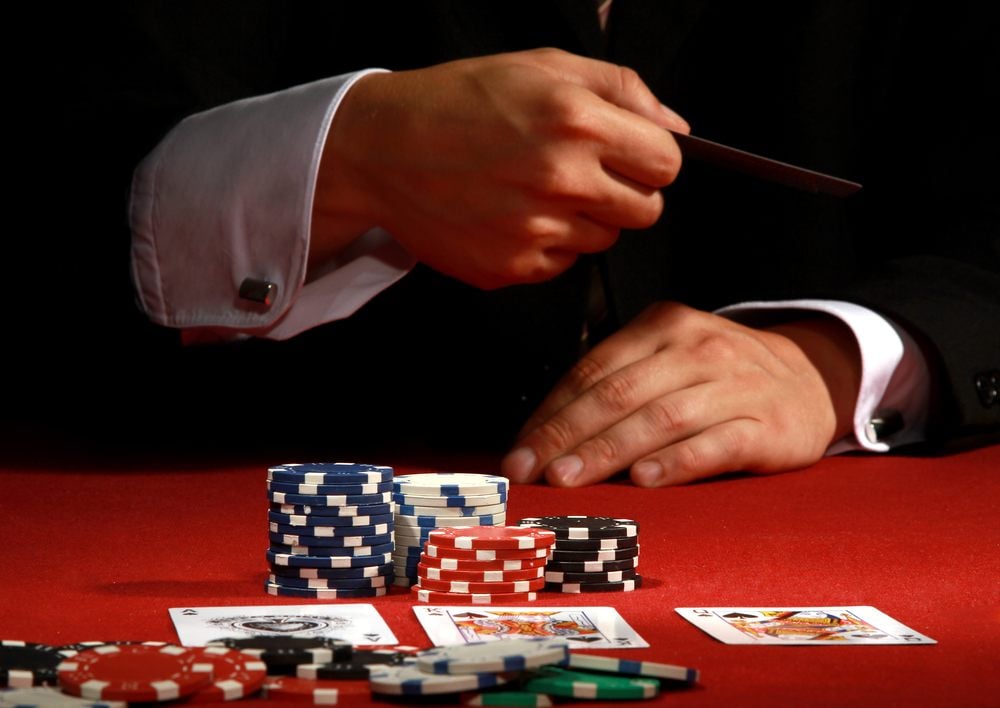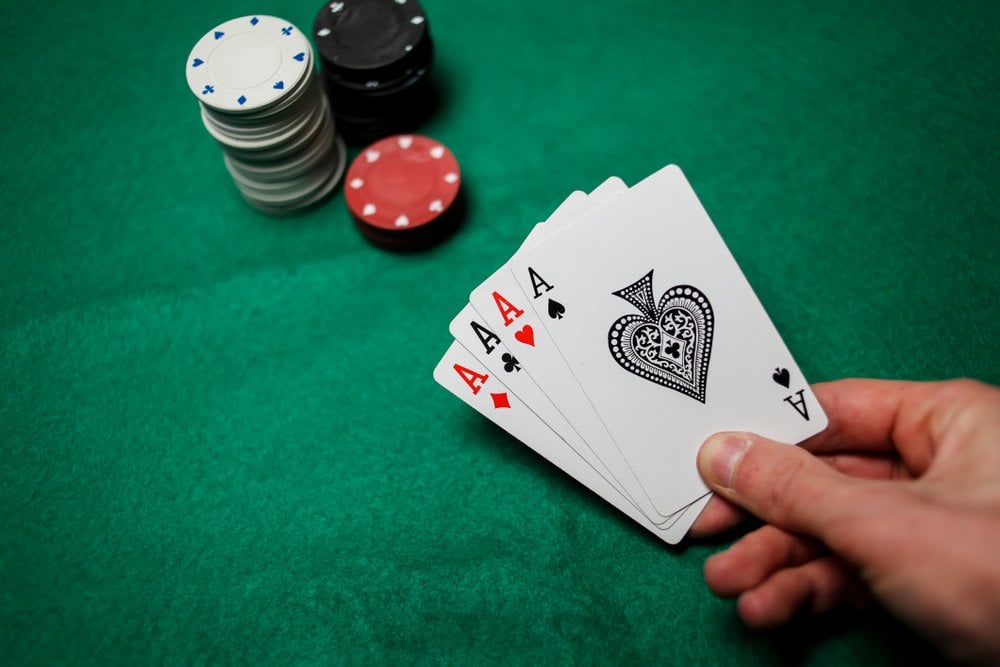The Psychology Behind Folding: Why Smart Folds Trump Hero Calls in Poker

What This Guide Offers: Mastering the Art of the Fold
Discover why folding is more than just letting go of a hand-it’s a key skill that often wins more money than all the bold calls and dramatic bluffs combined. In this article, you’ll uncover:
- The critical role folding plays in maximizing your profits at the table.
- Mental strategies to develop strong, confident folding habits.
- Psychological reasons why folding is so uncomfortable-and why that feeling is normal.
- How to spot scenarios where a fold is the most lucrative move.
- Typical mistakes and how to turn folding into a long-term advantage.
Why Smart Folding Is a Poker Superpower
In poker, folding rarely feels rewarding. There’s no fanfare, no reveal, and no adrenaline rush. However, the best players know that strategic folding saves chips, preserves sanity, and protects your long-term success. It requires both keen analysis and strong emotional discipline to step away from a promising hand, especially when instinct urges you to “just see” if you’re ahead.

Consider a real-world example: An experienced tournament player holds pocket queens (Q♦️Q♣️) against an opponent who passively calls through the flop and turn. On the river, the board shows J♠️ 8♦️ 4♠️ 2♥️ A♣️, and the opponent unexpectedly leads out with a large bet. Instead of yielding to the temptation to call, the player assesses the line and remembers that this action typically indicates real strength, not a bluff. Folding protected his chips-his opponent revealed top two pair with A♠️J♥️.
What made this decision outstanding wasn’t just the fold but the logical process and composure leading up to it. Such disciplined decisions quietly add up to significant savings over a poker career.
Why Letting Go Hurts: The Emotional Struggle of Folding
Every player has felt the sting of folding. You’ve invested your time, focus, and chips. Giving up the hand feels like walking away from victory. Even as your intuition screams “fold,” your mind fires off doubts:
- What if they’re bluffing this time?
- Surely this hand is too strong to fold!
- Will I feel foolish if I’m wrong?

Understanding these internal battles can transform how you approach tough decisions:
Loss Aversion Is Hardwired
Humans are programmed to fear losses more than to value equivalent gains. In poker, players are more likely to call and lose (just to check if they were right) than to fold and never know-despite folding being optimal in the long run.
Unresolved Situations Fuel Anxiety
Folding without a showdown denies closure, making your mind dwell on “what ifs”-a breeding ground for regret and second-guessing unless you train yourself to accept uncertainty.
Ego Traps
Many poker enthusiasts tie their self-worth to being right. Folding can feel like weakness or defeat when, in fact, it’s a sign of strategic mastery. Developing the ability to separate your results from your identity is crucial for mental toughness.
Recognize that these discomforts are normal and can be managed. In reality, a strong fold is a powerful, winning move.
The Mental Shift: Seeing Folds as Strategic Power Moves
What if you viewed folding not as giving up, but as a bold assertion of discipline? Strong players don’t fold out of fear-they fold to protect their edge. It’s not about admitting defeat, but about making decisions rooted in logic over emotion.
Instead of focusing on whether you’re being “bluffed,” try reframing with questions like:
- Realistically, which hands do I beat?
- Does my opponent’s play pattern indicate strength or weakness?
- If I fold here, am I upset because I didn’t see the cards, or because it’s the wrong decision?
Building new mental scripts such as “folding preserves my bankroll” or “folding keeps me sharp for better opportunities” can transform folding from a reluctant act into a confident strategy.

Elite players excel by quickly letting go after a fold. They recognize that poker is a game played over thousands of hands-ego and emotional attachment only cloud decision-making. In tough spots, ask yourself: Would you rather be right in a single hand or profitable long-term?
The Hidden Toll of Poor Calls
Calling when you know you should fold costs you more than just chips. Consider the less visible consequences:
Chip Loss Accumulation
Repeatedly making marginal calls can rapidly erode your stack, especially in tournament play. Over time, these mistakes add up, undermining your ability to run deep or profit in cash games.
Confidence Erosion
Making bad calls not only costs you money but damages your self-assurance. Each time your instincts are proven correct-after ignoring them with a bad call-it becomes harder to trust yourself, feeding hesitation and doubt.
Mental Energy Drain
One stubborn call can sap clarity, invite tilt, and divert focus away from upcoming hands. Instead of being present and alert for new opportunities, you waste energy dwelling on preventable errors.

Fold when you know you should. It’s a quiet victory that accumulates real long-term advantages.
Developing a Winning Folding Mindset: Training Techniques
Hero calls make for dramatic stories, but champion players know that “hero folds” deserve just as much celebration. Folding at the right time is a trainable skill, not a product of guesswork. Here’s how to strengthen your fold muscle:
1. Review Your Challenging Folds
Regularly analyze hands where you considered calling but chose to fold. Ask yourself:
- What information led to my decision?
- Did I rely on logic or emotion?
- Would I make the same choice again, based on the available evidence?
Compare these cases with feedback from peers or poker software to confirm whether your logic aligns with optimal play. This builds genuine “fold confidence” you can rely on in tough moments.

2. Practice In-Game Reflection
Don’t just memorize ranges-train your decision process. In difficult hands, pause and ask:
1. What hands does my opponent represent?
2. Which hands do I realistically beat here?
3. If I fold and later find out I was ahead, how often would that happen versus how often folding saves me chips?
Turning folding into an intentional, considered routine strengthens your confidence.
3. Keep a “Strong Folds” Log
Start a digital or paper journal specifically for hands where you made disciplined folds-regardless of whether you saw a showdown. Note your reasoning and how you felt afterwards. Over time, this provides evidence that smart folds are a key part of your winning identity (even if the instant gratification isn’t there).
Conclusion: Folding as a Cornerstone of Winning Poker
Folding will probably never be emotionally satisfying, but with practice and a shift in perspective, it becomes the decision that separates good players from great ones. Remember: Folding is not failure-it’s a strategic, deliberate action that ensures you stay in control of your stack and your composure.
You’re not required to win every hand. Your job is to win the right hands and fold the rest confidently. The best poker careers are built not only on spectacular calls and big pots, but also on all the smart, quiet folds that keep you in the game-and in profit-for the long run.













